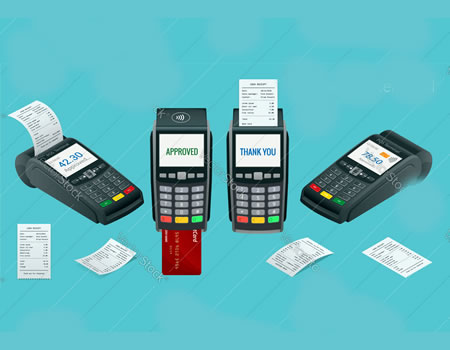Mobile penetration has significantly increased across Africa, with Nigeria remaining the largest mobile market of about 162 million subscribers and a penetration rate of 84 per cent, according to the Jumia Mobile Report 2018.
The Nigeria Bureau of Statistics reports that the volume and value of mobile payment transactions in the first quarter of 2018 grew by 7 per cent to N329bn from N307bn in Q4’17.
5 sober prophetic predictions for 2019
These figures show that mobile payment can contribute abundantly to the growth of the Nigerian economy with the help of the Central Bank of Nigeria and Financial Technologies (Fintechs).
According to the report, the Nigerian banking system has been completely revolutionised by technology, adding that it has forced banks, new or old generations, to become creative and innovative. It added that some of the innovations that have disrupted the banking sector are mobile apps and unstructured supplementary service data (USSD).
“With these two, one can perform any transaction whether one has an internet enabled phone or not,” the report revealed.
Fintechs, it said, are no longer new in Nigeria as it said they serve as payment gateways for businesses and they have made mobile or web transaction seamless.
“An uncomplicated synergy between banks and Fintechs with the regulation of the CBN (as well as shielding the financial sector from fraudsters) will definitely lead to economic development for Nigeria.
The phenomenal growth of fintech is helping organisations in Nigeria deliver a new generation of innovative products and services.
“To achieve this and successfully harness the power of mobile, organisations in Nigeria’s mobile banking and payments ecosystem must deliver compelling and responsive end-user experiences. They must also implement strong and secure authentication methods that instill confidence among users in mobile banking and payments.
End-users today expect websites to deliver the same experience on mobile as they do on personal computers.
“For mobile commerce and electronic banking to deliver its benefits across Nigeria, delivering a secure mobile experience, regardless of device and network is compulsory.
“As more and more business-critical applications and financial services adopt the public or private cloud, it has become essential to protect organisations and users from criminal efforts to steal data or conduct financial malfeasance. Mobile devices are now being targeted because they may serve as a back-channel into a network, thus making a network-centric security approach inadequate for an increasingly mobile-based economy.
“Security within a mobile commerce ecosystem needs to be intelligence-driven and provide the flexibility and scalability to adapt to dynamic requirements,” the report stated.






